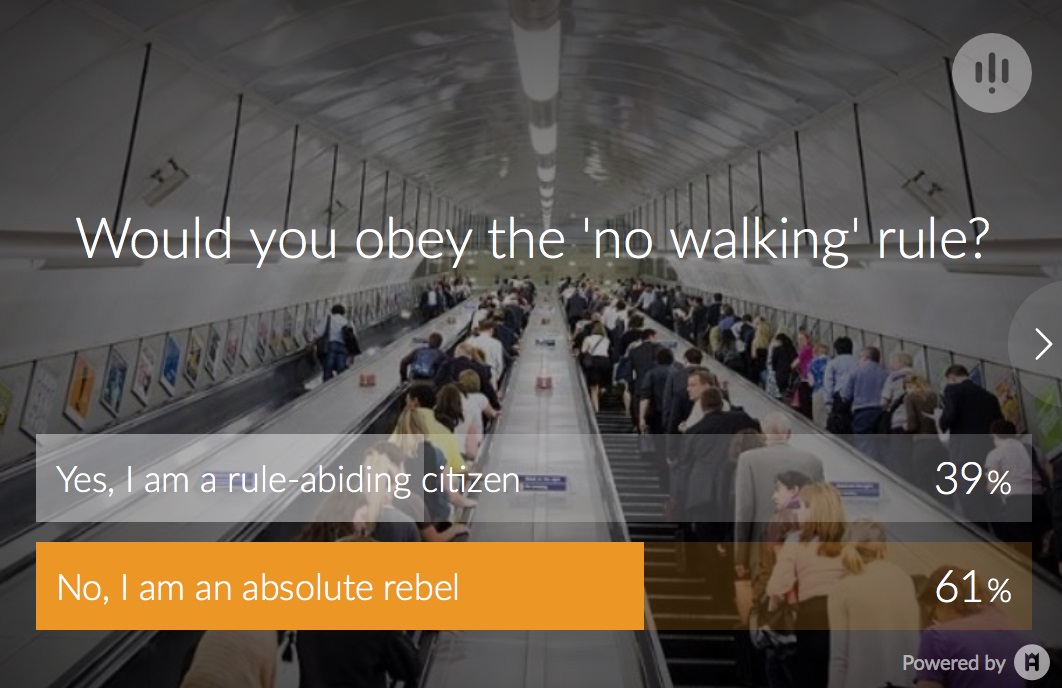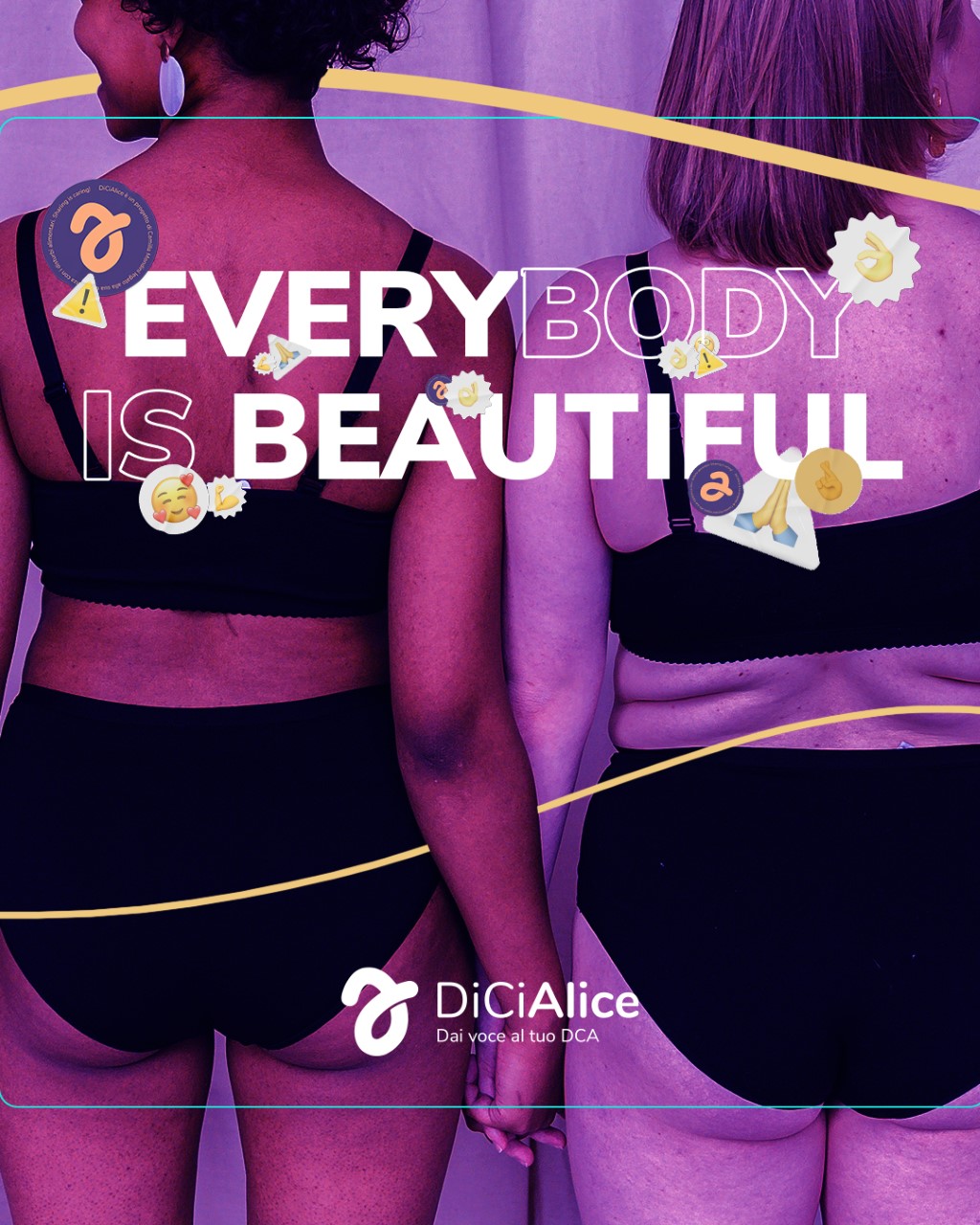Award-winning journalist Emma Barnett told LSE students that they are ‘knowledge hunters’ but the lesson from her talk was it’s a phrase that defines her varied career, too. LSE Media and Communications MSc student Venuri Perera reports.
Emma Barnett, who hosts BBC Two’s Newsnight and BBC Radio Five Live’s The Emma Barnett Show, launched her career as a business reporter. She then joined the Telegraph as a technology correspondent, reporting on digital media – a relatively new concept at that time. Barnett was driving coverage of social media while overcoming the challenge of being one of the very few female technology journalists. Eventually, she took on the role of women’s editor before her move to broadcasting.
Barnett realised her passion for radio while presenting during the long dark hours of LBC’s overnight slot. By the age of 26, she was presenting Women’s Hour as the youngest host in the show’s history. Barnett, who has interviewed powerful figures from former Prime Ministers to whistle-blowers, described her first guest interview as an eye-opening experience for her career. Tasked with an uncooperative interviewee, Barnett had to learn how to connect with her guest, coming to understand that interviewing is about helping people to tell their story.

This principle helped to shape the rest of her career. The recent ‘post-truth’ era and polarised political climate presented by Brexit also added further complexities to interviewing, including the influx of criticism online for her direct approach but also mounting concerns around filter bubbles, media literacy and biased news agendas.
The first woman to announce that she was menstruating on live news, Barnett authored a book that humorously elaborates on the experience of dealing with a period. Motivated by the taboo nature of such a natural female process and the personal anecdotes that people approached her with, she wanted to encourage more public deliberation around the topic of menstruation cycles.
It also meant that Barnett encountered tensions that accompanied writing a witty book on female realities and a serious career in political journalism in which she strived to disrupt traditional expectations:
“Women’s issues are everyone’s issues…I really enjoy disrupting what is expected of me. Don’t get yourself put in a box”
She also discussed her struggles with infertility and endometritis, two conditions that numerous women are struggling with alone despite 1 in 10 women being affected. The reluctance to tackle these issues means that it takes women an average of seven years to be diagnosed and for Barnett, it took 21.
Barnett was grateful for the opportunity to have a son through IVF and encourages women to speak out about their own experiences. There are still many issues that women struggle with today such as religious purity laws and lack of innovation in absorption mechanisms.
Barnett highlights the importance of questioning what we’re not hearing about, addressing other taboo topics, querying hegemonic practices and leaving your unique stamp on the world.
This article by LSE Media and Communications MSc student Venuri Perera





